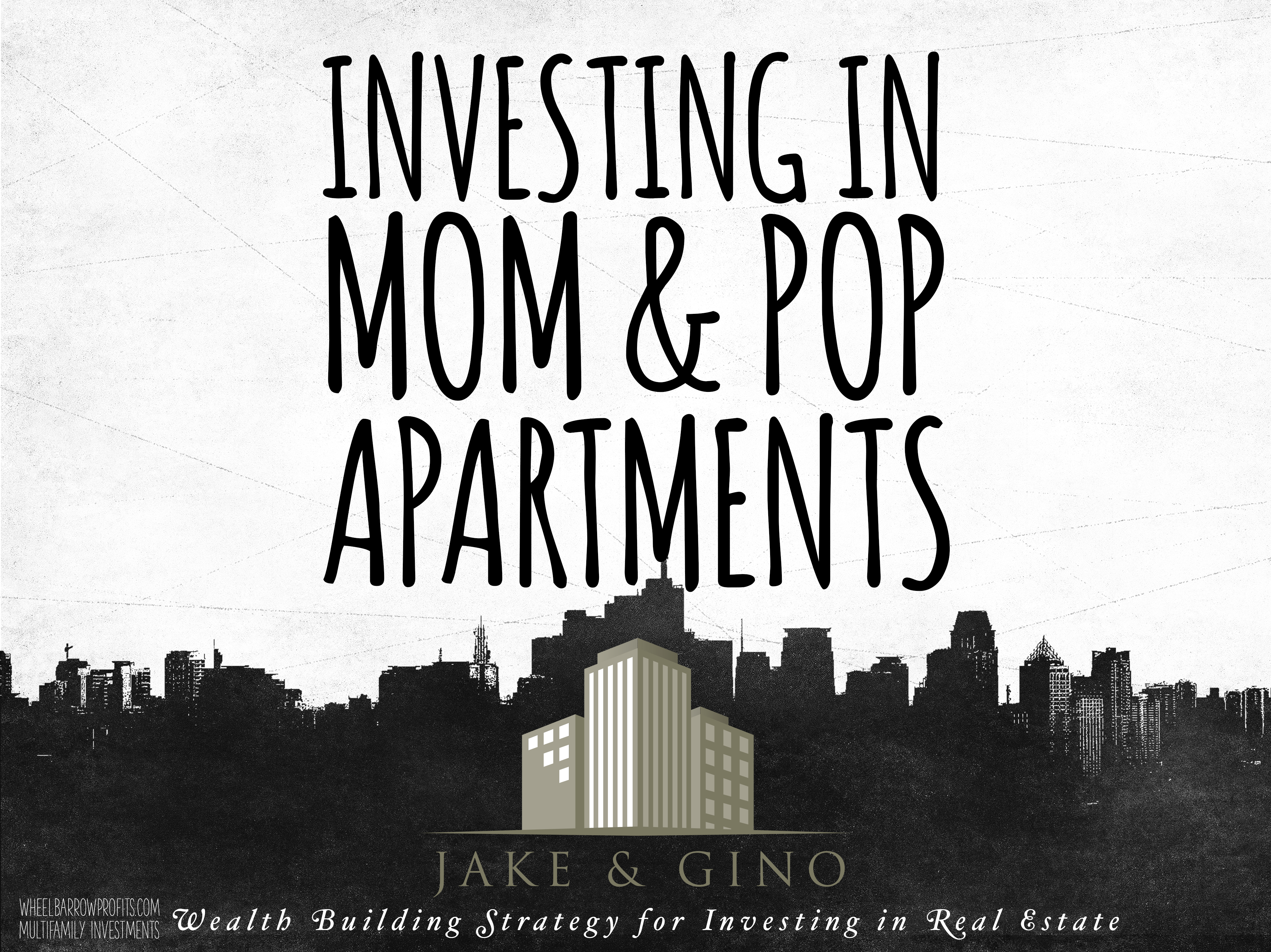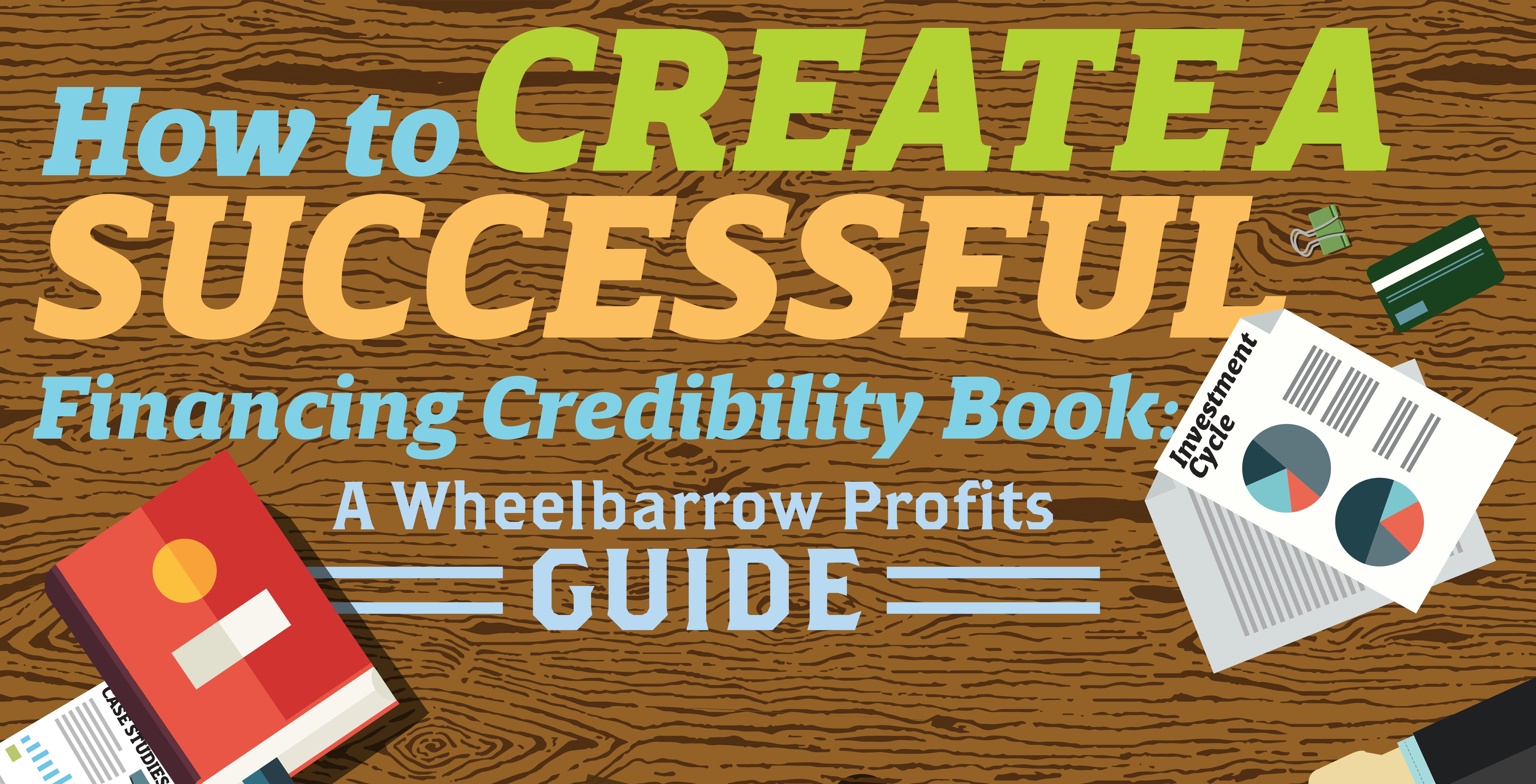
Your Multifamily Investing Questions Answered
As investors and educators, Jake & I fall into the trap of thinking that we know what our member’s pain points are. The only way to truly understand what frustrates beginning investors is to ask them. I set out by asking our members on our J&G Facebook Page what was most challenging to them when beginning to invest in multifamily real estate.
Here are their questions with answers:
Dan S:
“Not knowing where to find the deals?”
Unfortunately Dan, this question is puzzling even to the most experienced operator. What makes finding deals challenging is that the investor has to understand market cycles and to seek out markets that are beginning to emerge. Click here to read our article on Market Cycles. In the current climate, there is a plethora of cash chasing yield, and the options are limited. Multifamily has become a very popular alternative for many investors, and this has led to cap rates compressing and prices escalating.
The first step is to begin to research markets and to select a market that is poised for growth. Remember, real estate should not be viewed from a regional perspective, and should be analyzed market to market. One city may be experiencing tremendous growth, while another is shedding population and contracting. Utilize our Market Research Doc to begin analyzing markets and comparing which market has the most positive metrics.
What should you be looking for? The first, and by far the most important metric, is job growth. I’m sure you’ve all heard “Location, location, location!” When trying to discover the next emerging market, it’s all about “Jobs, jobs, jobs!” The demand for apartments will increase when a city is adding employment, and jobs are a driving force when it comes to people relocating to another city. Jobs have a multiplier effect; in essence, when one white collar job is created, two to five blue collar jobs are created to service that white collar employee. We strive for at least a 2% job growth rate for at least two consecutive years.
These are five other important criteria to focus on:
- Household Growth
- Construction Permits
- Demographics
- Tenant Laws
Strong Government Leadership
Your task should be to map out your market, attempt to create a relationship with the various property owners, and network with brokers in the market.
Jaytee L:
“I am worried about timing the market and buying at the top.”
Well Jaytee, you aren’t the only investor with this sentiment. 2017 feels eerily similar to 2008, with a couple of exceptions. First of all, I think banks are on much more solid ground than they were back in 2008. Secondly, cap rates in many markets are still higher than they were back in 2008. And third, the shift in demographics to a renter nation has propelled multifamily valuations. Baby boomers and millennials, the two largest demographics, have shifted to renting instead of purchasing a home, both with different reasons for their decision.
On the other hand, I keep hearing that there are no deals out there, and that cap rates are continuing to compress. I even notice most brokers sense they have the upper hand when selling a property, and make less effort to entertain offers they deem “too low”. A few years ago, brokers were begging for offers.
The only way to combat your fear of market timing is to seek out markets that are:
1. Emerging
2. Still reasonably valued
Create buying parameters for your market, and be willing to stick to those parameters. We are reluctant to invest in deals that offer less than an 8 Cap and a 10% Cash on Cash return based on ACTUAL numbers in our market. It is very difficult to locate these deals, but we are more interested in protecting our downside risk than just buying another deal. Once (not if) the market shifts, we want to make sure that we bought right and the property will be able to sustain the debt service and the expenses. Remember, it’s not what you buy, it’s what you pay, and most investors are getting caught up in the euphoria of the current market projections.
If you feel the market is overpriced, I would recommend that you build your cash reserves and continue to educate yourself. I would also venture into other markets and seek out markets that are starting to emerge. But, keep sourcing deals, and if a deal pencils out, go for it!! Whatever you focus on, expands!
Daniel J:
“How do I have the right answers for brokers and overcome inexperience?”
We experienced the exact same fear when we decided to invest in multifamily properties. Who was going to take a drug rep and a pizza guy seriously? I credit my real estate education with overcoming our lack of credibility. I was able to speak the lingo, and I knew how to underwrite a deal. On our first deal, we stumbled through the rest of the process.
Fortunately, for you Daniel, Jake and I created a couple of resources through our mistakes that will help you network with brokers and display your credibility. Download our Researching A Market E-book, a fantastic resource that will allow you to ask brokers pertinent questions when analyzing a specific market and deal. Start to learn the real estate lingo and qualify yourself as a real estate professional.
The other resource that investors need to create is a Credibility Book, a business plan that investors formulate to convey their investing strategy and their current portfolio.
Click the image below to download our Credibility Book:
We have even created a micro-course to walk you through how to create your own personal Credibility Book.
Click the image below for a link to the course:
Here is a testimonial from a student Melissa who created a Credibility Book with us:
“I did a credibility book for the 12-unit I’m buying. It really made me stand out to the broker, got me great financing, and honestly helped me get organized for my search criteria. Follow what Jake & Gino say and you’ll get a deal!”
If you want to stand out versus the competition and show the broker why you’re the right person to take down the deal, then you need to create your own book.
Robert C:
“How do I invest in multifamily with a lack of cash and a New Jersey market with low cash flow?”
The first step Robert is not to focus on the lack of money, but focus on your education and how you can add value to others. Zig Ziglar says “You can have everything in life you want, if you will just help other people get what they want.” Once you learn how to underwrite deals and invest in markets that cash flow, then you can embark on forming a partnership or raising private money for your deal. Jake & I partnered up for our first deal, and we haven’t looked back. We were able to recruit a third partner who was instrumental in allowing us to grow our portfolio.
Coincidentally, we just had a student from New Jersey close on his first multifamily deal, a ninety-four unit apartment complex in Louisville, Kentucky. He was able to select the market and form a real estate syndication (the pooling of funds from numerous investors). Was this an easy deal for him? Absolutely not!! It seemed as if he continued to run into roadblocks, but his tenacity and desire to buy a large property maintained his motivation to close on the deal.
The answer to your second question lies with our student’s solution. He sought a market that was still reasonably valued, and one that he felt comfortable with the demographics. He is active in his market fixing and flipping, but he understands that his market does not deliver cash flow.
If you have any questions, please email me at gino@jakeandgino.com, and I will be sure to respond. I may even write an article answering your question.
If you would like to partner or invest with Jake & Gino, please fill out this form:
Investor Form








